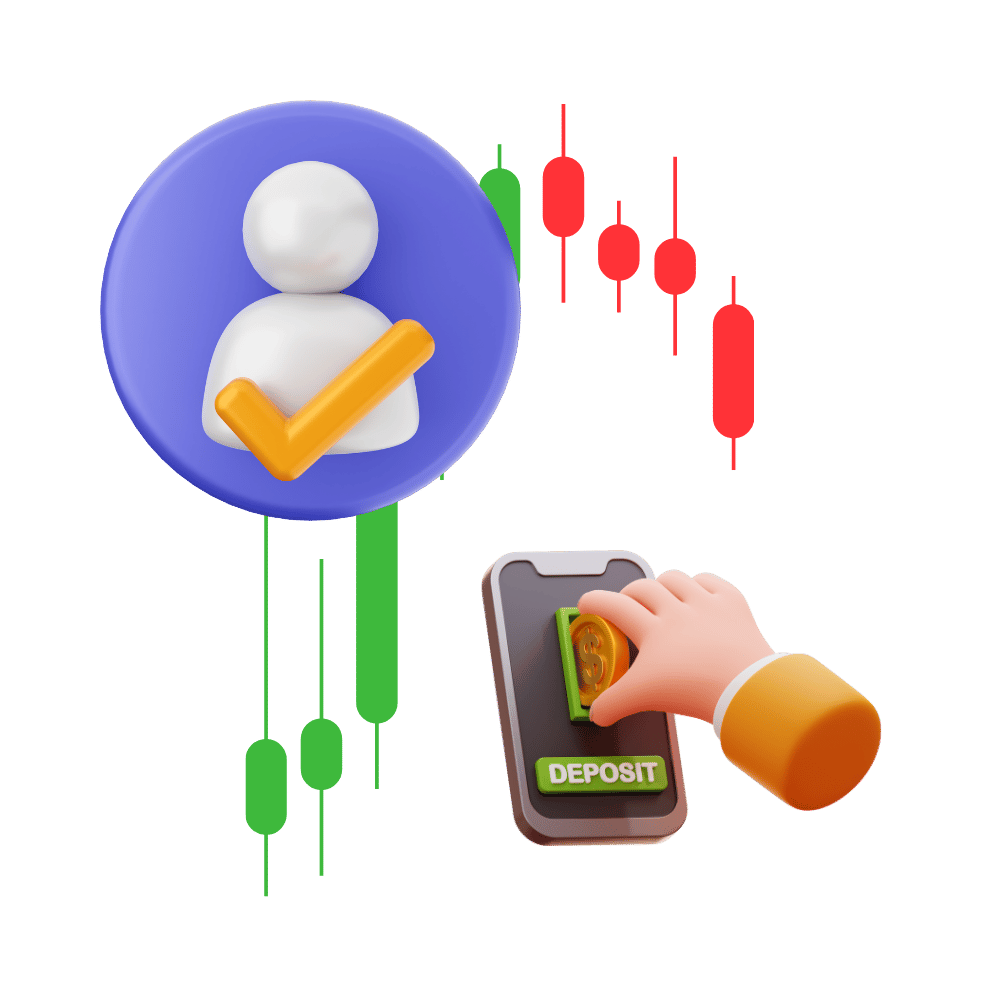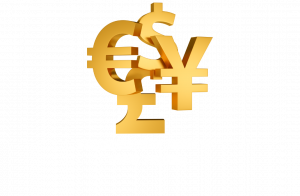Home / FOREX BROKERS / ACCOUNTS AND DEPOSIT IN FOREX

Forex Trading Accounts and Deposit:
A Comprehensive Guide
When you enter the world of Forex trading, understanding the different types of trading accounts and how deposits work is crucial to building a successful trading strategy. Whether you’re a beginner or an experienced trader, knowing the right account to choose, how to make deposits, and how to manage your funds efficiently can significantly impact your success in the Forex market.
In this article, we’ll break down everything you need to know about Forex trading accounts and the deposit process, including the types of accounts available, deposit methods, and key factors to consider when funding your Forex trading account.
What is a Forex Trading Account?
A Forex trading account is an account offered by a Forex broker that allows you to trade currencies and other financial instruments. When you open a Forex account, you deposit funds with a broker, who provides you with the leverage, tools, and platforms to trade the currency market.
Types of Forex Trading Accounts
There are several types of Forex accounts, each designed to meet the different needs of traders. The main categories include:
1. Standard Accounts
The Standard Account is the most common type of Forex trading account. It’s designed for experienced traders and those with a larger capital to invest. Standard accounts typically offer higher leverage, but the risk of loss is also higher.
- Minimum Deposit: Typically ranges from $100 to $500, depending on the broker.
- Contract Size: Each standard lot represents 100,000 units of the base currency.
- Leverage: Can range from 50:1 to 500:1, depending on the broker and the trader’s location.
2. Mini Accounts
A Mini Account is perfect for beginner traders or those who want to test their strategies with smaller capital. The leverage and minimum deposit are lower than a standard account, making it more accessible for new traders.
- Minimum Deposit: Usually between $25 and $100.
- Contract Size: A mini lot represents 10,000 units of the base currency.
- Leverage: Leverage can be as high as 200:1, allowing you to control a larger position with a smaller amount of capital.
3. Micro Accounts
Micro Accounts allow traders to control smaller positions. These accounts are great for those who want to start trading with minimal risk or practice without risking significant capital.
- Minimum Deposit: Generally ranges from $1 to $50.
- Contract Size: Each micro lot represents 1,000 units of the base currency.
- Leverage: Leverage is typically offered at 50:1 or 100:1.
4. ECN Accounts (Electronic Communication Network)
ECN accounts are designed for professional traders who need to execute large volumes of trades with minimal slippage. These accounts provide direct market access, allowing traders to trade directly with liquidity providers and institutional investors.
- Minimum Deposit: Higher than standard accounts, typically ranging from $500 to $1,000.
- Leverage: Typically lower leverage, ranging from 10:1 to 100:1.
- Spread: Very tight spreads, often as low as 0 pips, but a commission is charged on each trade.
5. Islamic Forex Accounts
Islamic Forex accounts are designed for traders who follow the principles of Sharia law, which prohibits earning or paying interest (known as riba). These accounts have no interest fees or overnight swaps, making them suitable for traders who wish to avoid any form of interest-based transactions.
- Minimum Deposit: Varies depending on the broker.
- Leverage: Similar to standard or mini accounts.
- Other Features: No swap/rollover interest is charged, and account terms align with Islamic financial principles.
Making Deposits in Forex Trading
To begin trading on the Forex market, you need to fund your trading account.
Forex brokers offer several methods for depositing funds, each with different processing times, fees, and convenience factors.
Below, we’ll look at the most common deposit methods available for Forex traders.
1. Bank Wire Transfer
Bank wire transfers are one of the most secure methods for depositing funds into your Forex account. However, they tend to take longer to process and may come with higher fees compared to other deposit methods.
- Processing Time: 1–5 business days.
- Deposit Fees: Varies; typically $20–$50 depending on the bank and location.
- Limitations: Some brokers may impose minimum deposit limits for wire transfers.
2. Credit and Debit Cards
Using credit and debit cards to fund your Forex account is one of the fastest and most convenient methods. Most major cards like Visa, MasterCard, and American Express are accepted by Forex brokers.
- Processing Time: Instant or within a few hours.
- Deposit Fees: Generally low; typically 0–3% of the deposit amount.
- Limitations: Some brokers may charge a fee for deposits made through cards or limit the total deposit amount.
3. E-Wallets (PayPal, Skrill, Neteller)
E-wallets such as PayPal, Skrill, and Neteller are becoming increasingly popular for Forex deposits due to their speed and convenience. These services are widely accepted and offer additional layers of security for online transactions.
- Processing Time: Instant or within a few hours.
- Deposit Fees: 1–3% depending on the platform and broker.
- Limitations: Some e-wallet services may have withdrawal restrictions, so be sure to check the broker’s policy.
4. Cryptocurrencies (Bitcoin, Ethereum, etc.)
Some Forex brokers have started accepting cryptocurrencies as a deposit method. Cryptos offer fast, low-cost transactions and a higher level of anonymity compared to traditional banking methods.
- Processing Time: Instant.
- Deposit Fees: Typically very low (0–1%).
- Limitations: Limited to brokers that accept cryptocurrency deposits. Not all brokers support crypto payments, and withdrawal methods may be restricted.
5. Payment Systems (Western Union, MoneyGram)
In certain regions, Western Union or MoneyGram can be used for deposits. These services are commonly used by traders in countries with limited banking access.
- Processing Time: 1–2 business days.
- Deposit Fees: Higher fees, typically 5–10% of the deposit amount.
- Limitations: Not all brokers support these payment methods.
A global brokerage offering low-cost Forex trading and access to a wide variety of global markets for experienced traders.
A leading, highly regulated global broker offering competitive spreads and advanced trading platforms for all experience levels.
A popular social trading platform where users can copy successful traders and engage in a variety of asset classes.
A well-established broker known for low spreads, excellent customer support, and robust trading tools for all traders.
A versatile broker providing a wide range of account options, high leverage, and top-tier educational resources.
An Australian-based broker offering tight spreads and fast execution, ideal for scalpers and active traders.
A globally recognized broker known for low minimum deposits, high leverage, and a range of trading tools and resources.
A well-regulated Forex broker offering advanced tools, high-quality market analysis, and a wide range of account types.
A professional-grade broker with a wide range of markets, providing powerful platforms and in-depth research tools.
A user-friendly CFD trading platform that offers Forex trading with tight spreads and a simple, intuitive interface.
How to Choose the Right Deposit Method
When choosing a deposit method for your Forex trading account, consider the following factors:
1. Speed of Deposit
- If you need to fund your account quickly, e-wallets and credit cards are your best options.
- Bank transfers and crypto deposits can take longer, but they offer more security and larger transaction limits.
2. Fees
- While bank transfers may have higher fees, they’re often suitable for large deposits.
- E-wallets and credit cards offer lower fees, but the charges can add up over time.
3. Security
- Always choose a deposit method with strong security measures. E-wallets and cryptocurrencies offer enhanced security features like two-factor authentication (2FA).
4. Withdrawal Methods
- Ensure the deposit method you choose also supports your preferred withdrawal method. Not all brokers allow withdrawals via the same method used for deposits.
Minimum Deposits and Leverage in Forex Trading
When opening a Forex trading account, brokers often have minimum deposit requirements that vary depending on the type of account and trading platform. Additionally, leverage plays a crucial role in Forex trading, amplifying both profits and losses.
Minimum Deposit Requirements
Here’s a comparison of the typical minimum deposit for different types of Forex trading accounts:
| Account Type | Minimum Deposit | Leverage | Contract Size |
|---|---|---|---|
| Standard Account | $100 – $500 | 50:1 – 500:1 | 100,000 units |
| Mini Account | $25 – $100 | 50:1 – 200:1 | 10,000 units |
| Micro Account | $1 – $50 | 50:1 – 100:1 | 1,000 units |
| ECN Account | $500 – $1,000 | 10:1 – 100:1 | 100,000 units |
Stat: A 2022 survey by Forex Brokers revealed that nearly 60% of traders prefer opening a mini or micro account to reduce risk when starting out in Forex trading.
Leverage in Forex Trading
Leverage allows traders to control a larger position with a smaller initial deposit. However, it also increases the risk of significant losses.
- High Leverage: Allows traders to amplify profits, but the risk of loss is higher.
- Low Leverage: Limits risk but also reduces profit potential.
Conclusion
Understanding the different Forex trading accounts and how deposits work is crucial for traders looking to optimize their trading strategies. By choosing the right account type, deposit method, and leveraging your funds wisely, you can increase your chances of success in the Forex market.
Remember to consider factors like deposit speed, fees, and security when selecting your deposit method. Always ensure that you are trading with a reliable, regulated Forex broker to protect your funds and minimize risks.

Author,
leading expert at FBX
Robert has been working in financial market valuation and analysis since 2008.
Years of experience and deep immersion in the topic give us every reason to trust his expertise.












